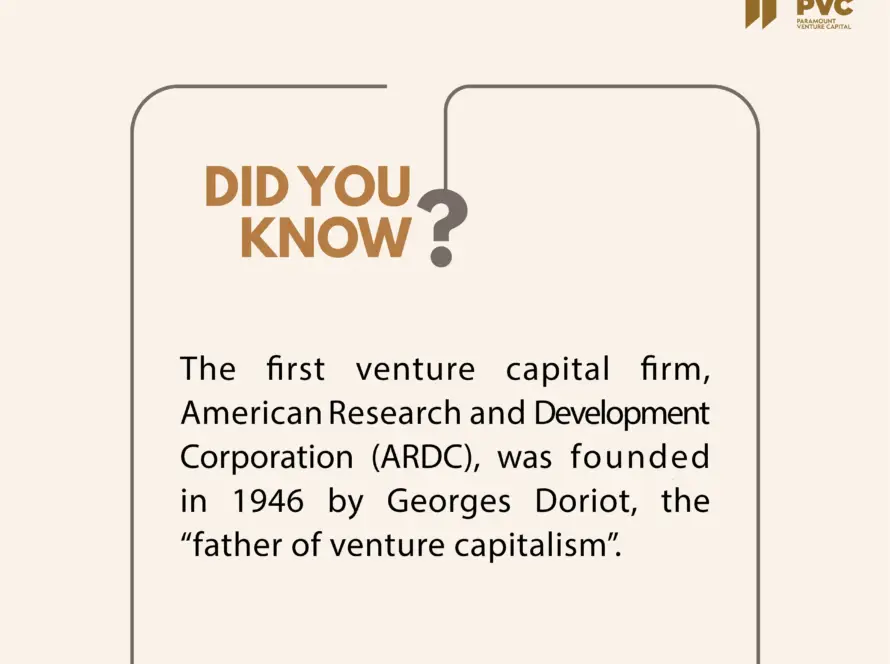Consider an investor evaluating a potential investment opportunity. How might their decision be influenced if the company has a strong track record of accurately predicting future demand for its products or services?
Imagine you’re planning to open a new coffee shop. To decide how much coffee to buy, how many baristas to hire, or how big your shop should be, you need to have an idea of how many people will want to buy your coffee. This is where demand forecasting comes in—it’s like trying to predict the future, but instead of using a crystal ball, you use data and trends to make educated guesses.
Why is Demand Forecasting Important?
• 𝐑𝐞𝐬𝐨𝐮𝐫𝐜𝐞 𝐏𝐥𝐚𝐧𝐧𝐢𝐧𝐠: Knowing how much demand there might be helps you avoid buying too much or too little. If you overestimate demand, you might end up with wasted resources. If you underestimate it, you might miss out on sales.
• 𝐅𝐢𝐧𝐚𝐧𝐜𝐢𝐚𝐥 𝐏𝐥𝐚𝐧𝐧𝐢𝐧𝐠: It affects your budget and cash flow. If you can predict demand, you can manage your finances better by knowing when you’ll need more inventory or when you can scale back.
• 𝐈𝐧𝐯𝐞𝐬𝐭𝐦𝐞𝐧𝐭 𝐃𝐞𝐜𝐢𝐬𝐢𝐨𝐧𝐬: Investors want to put money into businesses that will grow. If you can show them reliable demand forecasts, they are more likely to see your business as a good investment.
Methods of Demand Forecasting –
Here are some simple methods that businesses use to forecast demand:
• 𝐐𝐮𝐚𝐥𝐢𝐭𝐚𝐭𝐢𝐯𝐞 𝐌𝐞𝐭𝐡𝐨𝐝𝐬:
- Expert Opinion: This is when you ask industry experts what they think the demand will be. It’s useful when there’s not much data available.
- Market Research: Surveys, interviews, and focus groups help gauge potential customer interest in your product or service.
• 𝐐𝐮𝐚𝐧𝐭𝐢𝐭𝐚𝐭𝐢𝐯𝐞 𝐌𝐞𝐭𝐡𝐨𝐝𝐬:
- Time Series Analysis: This method looks at past sales data to identify trends. For example, if you see that your coffee shop’s sales increase every winter, you can forecast higher demand during those months.
- Regression Analysis: This involves identifying relationships between variables. For instance, if you find that your coffee sales increase with colder weather, you can predict demand based on weather forecasts.
• 𝐇𝐲𝐛𝐫𝐢𝐝 𝐌𝐞𝐭𝐡𝐨𝐝𝐬:
- Delphi Method: A mix of expert opinion and data. Experts answer questions in rounds, and after each round, they review the answers and revise their predictions. This is done until they reach a consensus.
In summary, demand forecasting is like mapping out the future so you can plan your journey with fewer surprises. It’s a crucial tool for any investor or business owner to ensure their decisions are based on the best possible predictions.



